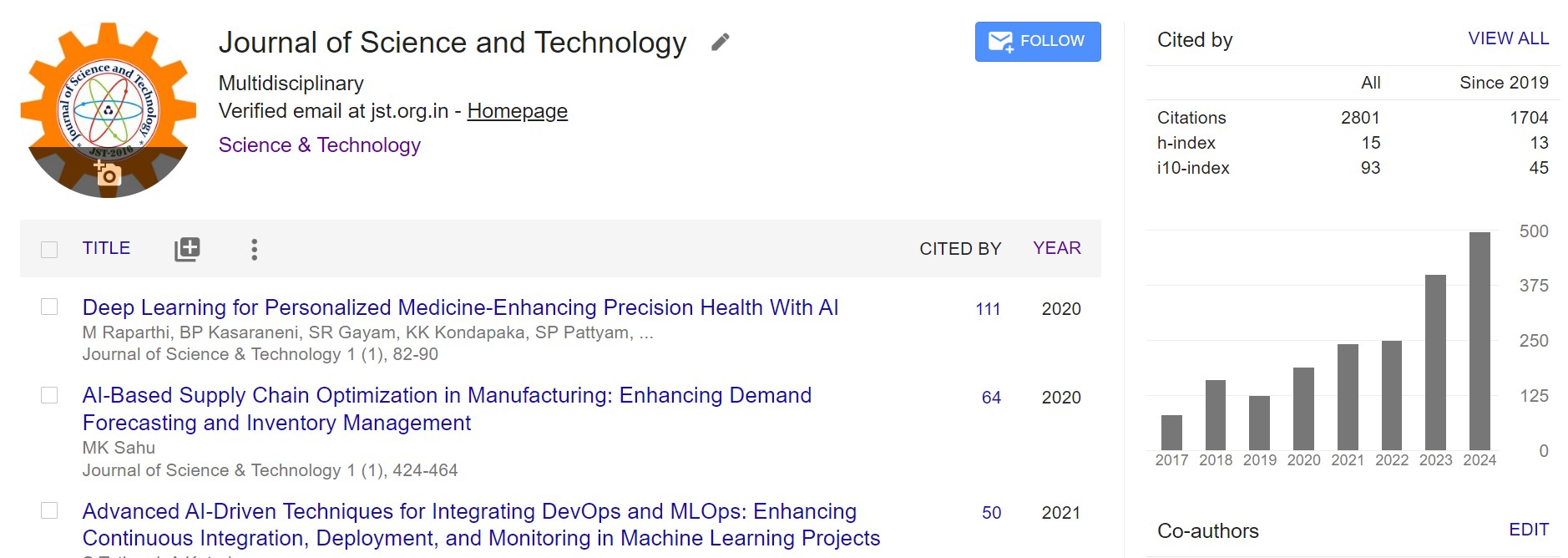Workload Balancing in Cloud Computing: An Empirical Study on Particle Swarm Optimization, Neural Networks, and Petri Net Models
DOI:
https://doi.org/10.46243/jst.2022.v7.i07.pp36-57Keywords:
Workload Balancing, Cloud Computing, Particle Swarm Optimization,, Neural Networks, Petri Net Models, Task Scheduling,, Resource Allocation, ScalabilityAbstract
Workload balancing in cloud computing plays a critical role in ensuring efficient task scheduling,
resource allocation, and execution management. This study explores the effectiveness of Particle
Swarm Optimization (PSO), Neural Networks (NNs), and Petri Net Models (PNMs) for optimizing
workload distribution in dynamic cloud environments. The research involves a comparative analysis of these methods, evaluating their computational efficiency, adaptability, and scalability.
Mathematical models are developed to formalize their operational principles, and simulations are
conducted to measure performance. The findings indicate that a hybrid approach combining PSO,
NNs, and PNMs enhances system stability and overall cloud performance, making it a promising
solution for intelligent workload balancing.


























